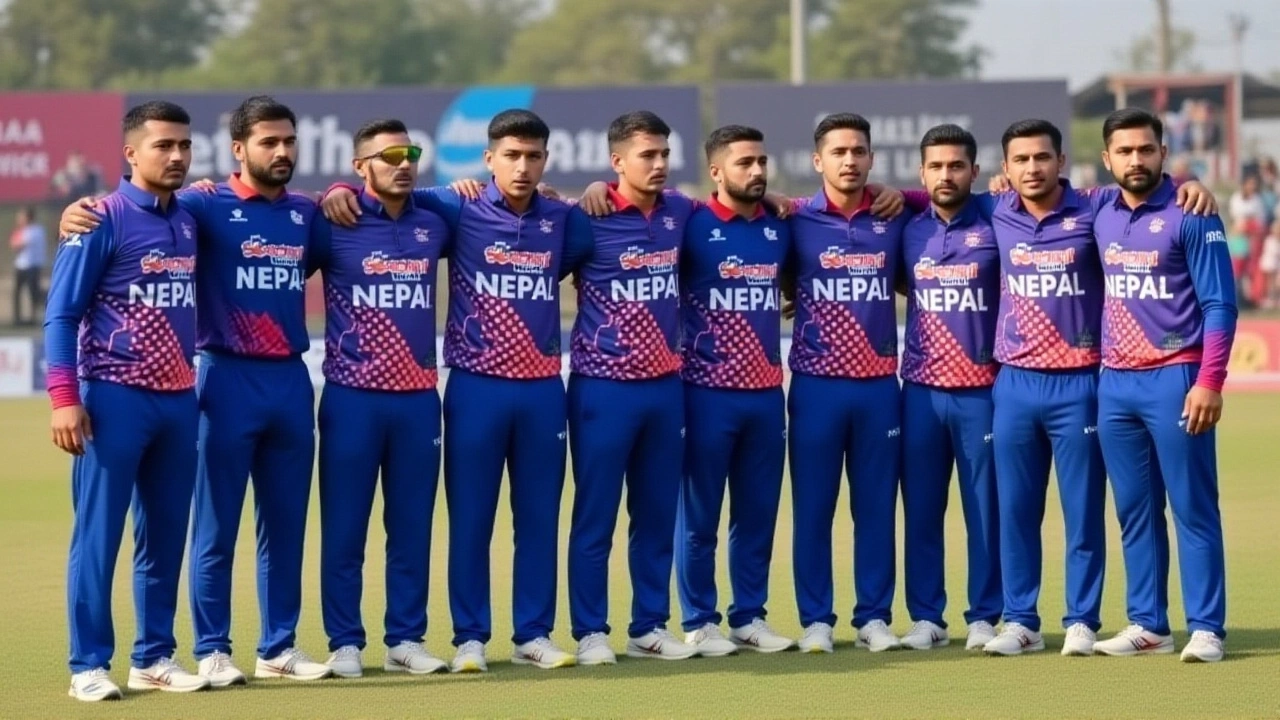Case Background
Gurmeet Kaur, a left‑handed resident of Mohali, walked into a Chandigarh‑area hospital on a rainy Monday, clutching her abdomen and seeking relief from sharp stomach pain. What should have been a routine diagnostic procedure turned into a cascade of errors that left her with open wounds and, ultimately, the loss of four fingers.
According to the consumer complaint filed later, the hospital began an exploratory surgery but abandoned it midway. Instead of suturing the incisions, the staff allegedly packed her into an ambulance and transferred her to another facility, still bleeding and without proper post‑operative care. The second hospital, faced with a patient in a critical state, was forced to amputate the four fingers on her left hand and remove the fingernails, citing severe infection and tissue death caused by the incomplete first operation.
For Gurmeet, the physical trauma translated into a daily nightmare. Being left‑handed, she relied heavily on fine motor skills for cooking, writing, and personal care. Post‑amputation, she became dependent on family members and hired help for tasks she once performed effortlessly. The psychological toll, coupled with mounting medical bills, prompted her to seek redress under the Consumer Protection Act.

Commission Verdict and Implications
The District Consumer Disputes Redressal Commission examined medical records, eyewitness accounts, and expert testimony. While the hospital’s defense hinged on a signed consent form and claims that the complaint was a harassment tactic, the commission found clear evidence of medical negligence. The lack of proper wound closure, the hasty transfer, and the failure to provide post‑operative monitoring were deemed gross deviations from accepted clinical standards.
In a landmark ruling, the commission ordered the hospital to pay a total of ₹78 lakh. The sum breaks down into ₹50 lakh as direct compensation for the trauma, disability, and loss of earnings, and an additional ₹28 lakh earmarked for a prosthetic hand that will enable Gurmeet to regain some degree of independence. The decision also sends a stern warning to health‑care providers about the legal and financial repercussions of cutting corners on patient safety.
Legal experts note that this case adds to a growing body of consumer‑court judgments that hold medical institutions accountable for sub‑standard care. It highlights the importance of thorough documentation, transparent consent processes, and robust post‑operative protocols. For patients, the verdict reinforces the right to seek compensation when faced with negligent treatment.
The hospital, meanwhile, has announced plans to review its surgical checklist and transfer procedures. While it maintains that its staff acted in good faith, administrators acknowledge that the public backlash and hefty compensation will likely drive internal reforms aimed at restoring patient trust.
Gurmeet’s story is a stark reminder that behind every statistical report on health‑care quality lies a human being whose livelihood can be shattered in minutes. As the legal battle concludes, the broader medical community watches closely, aware that the stakes—both ethical and monetary—have never been higher.
